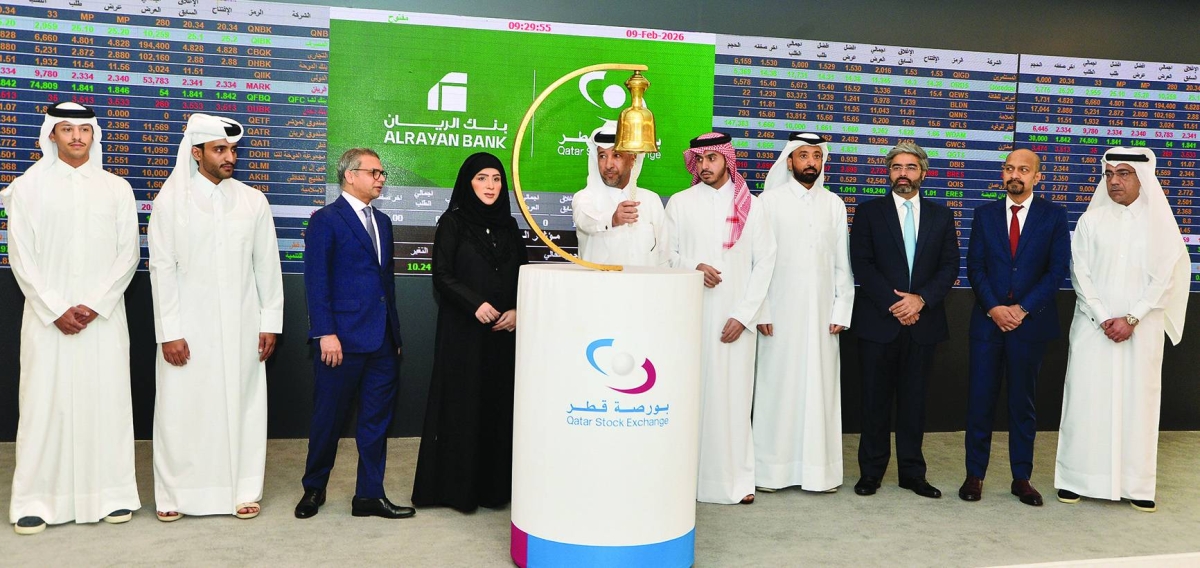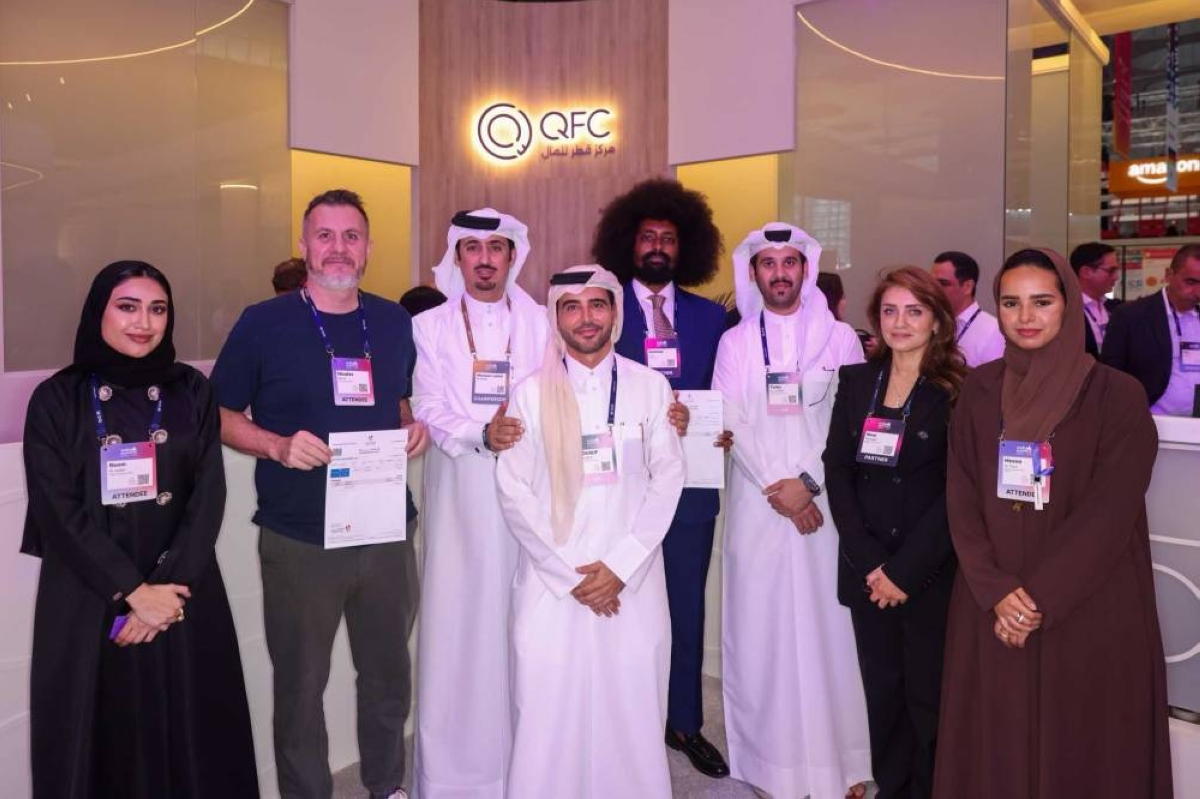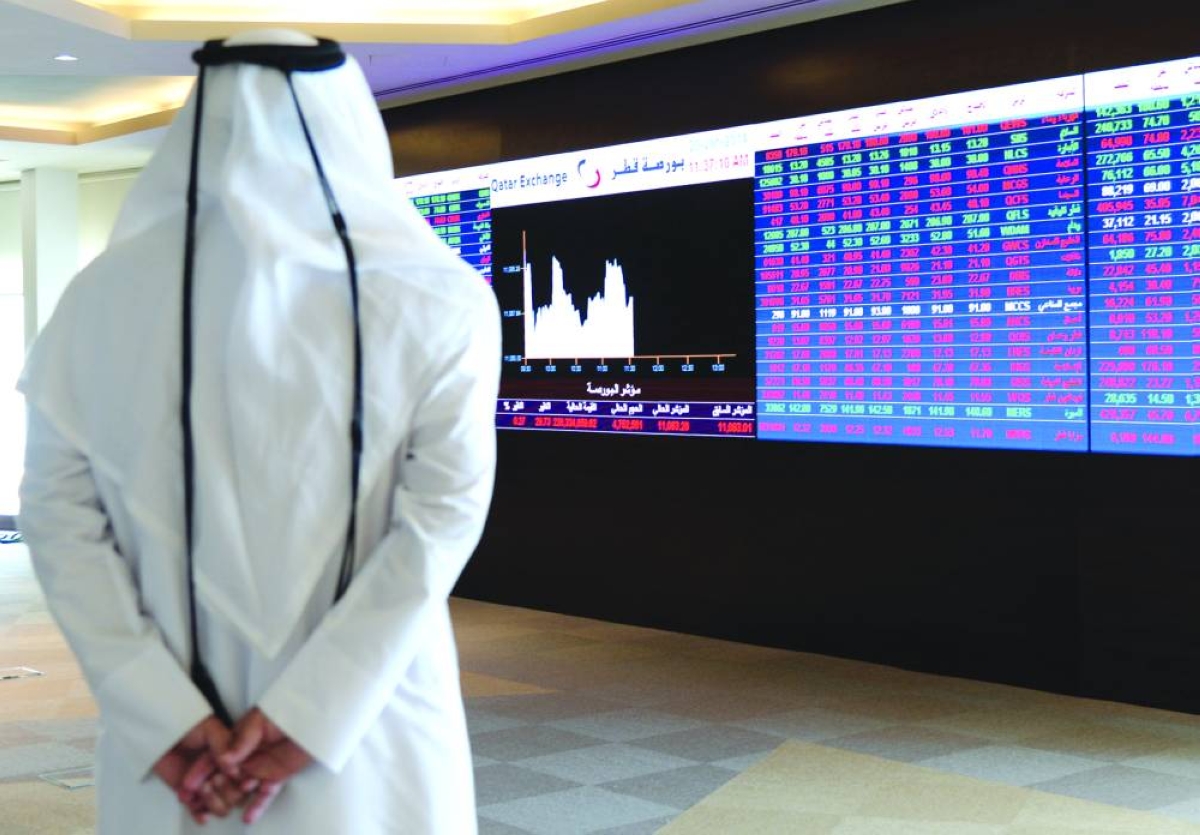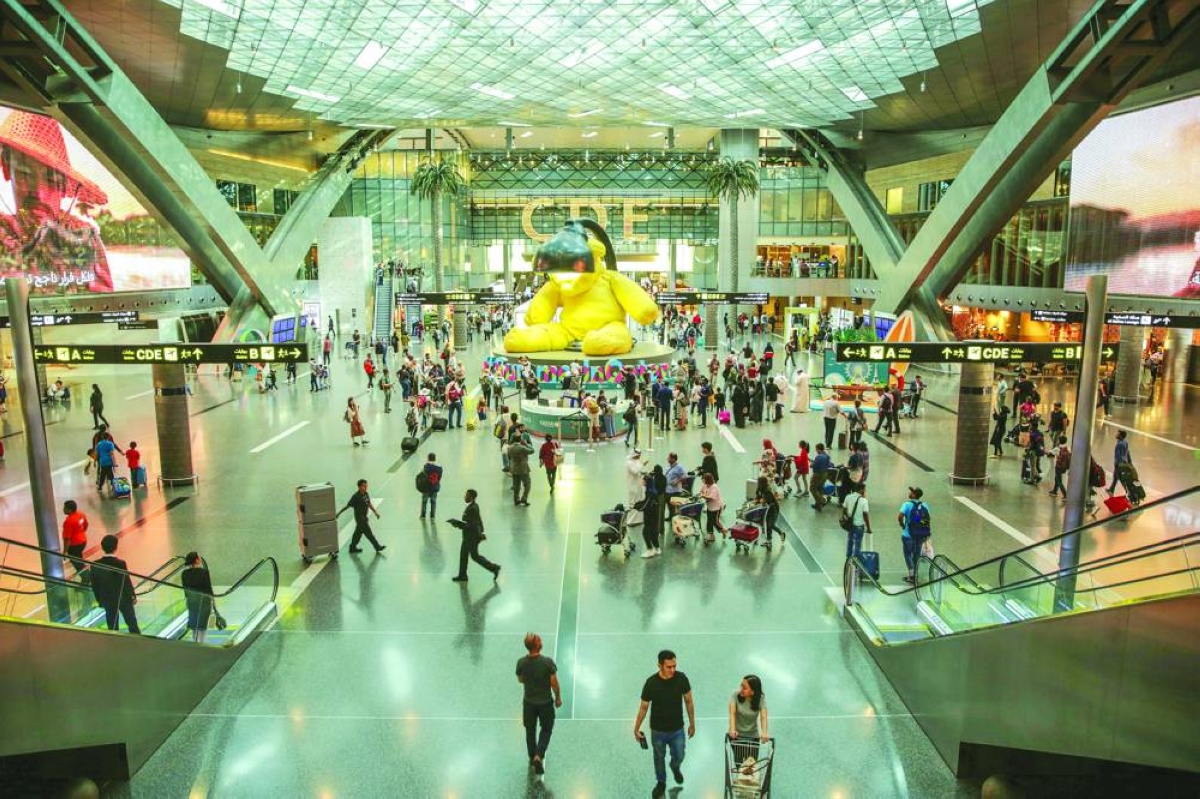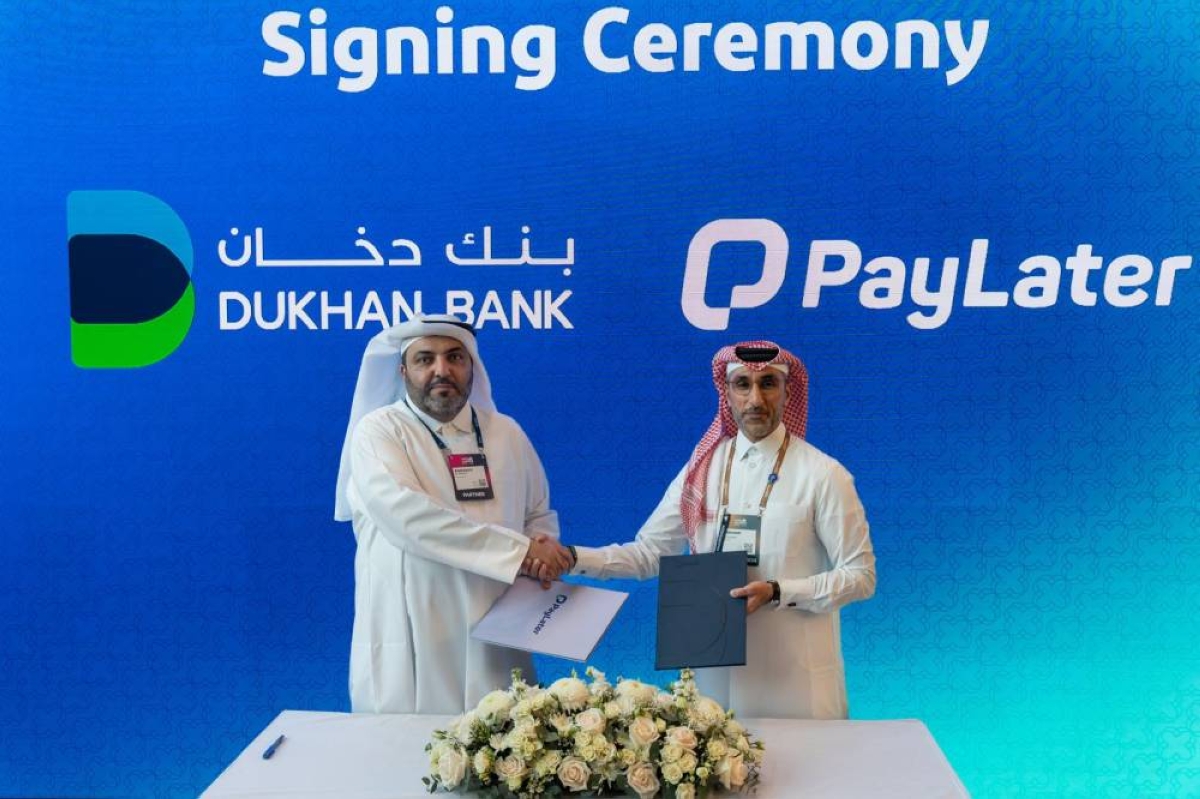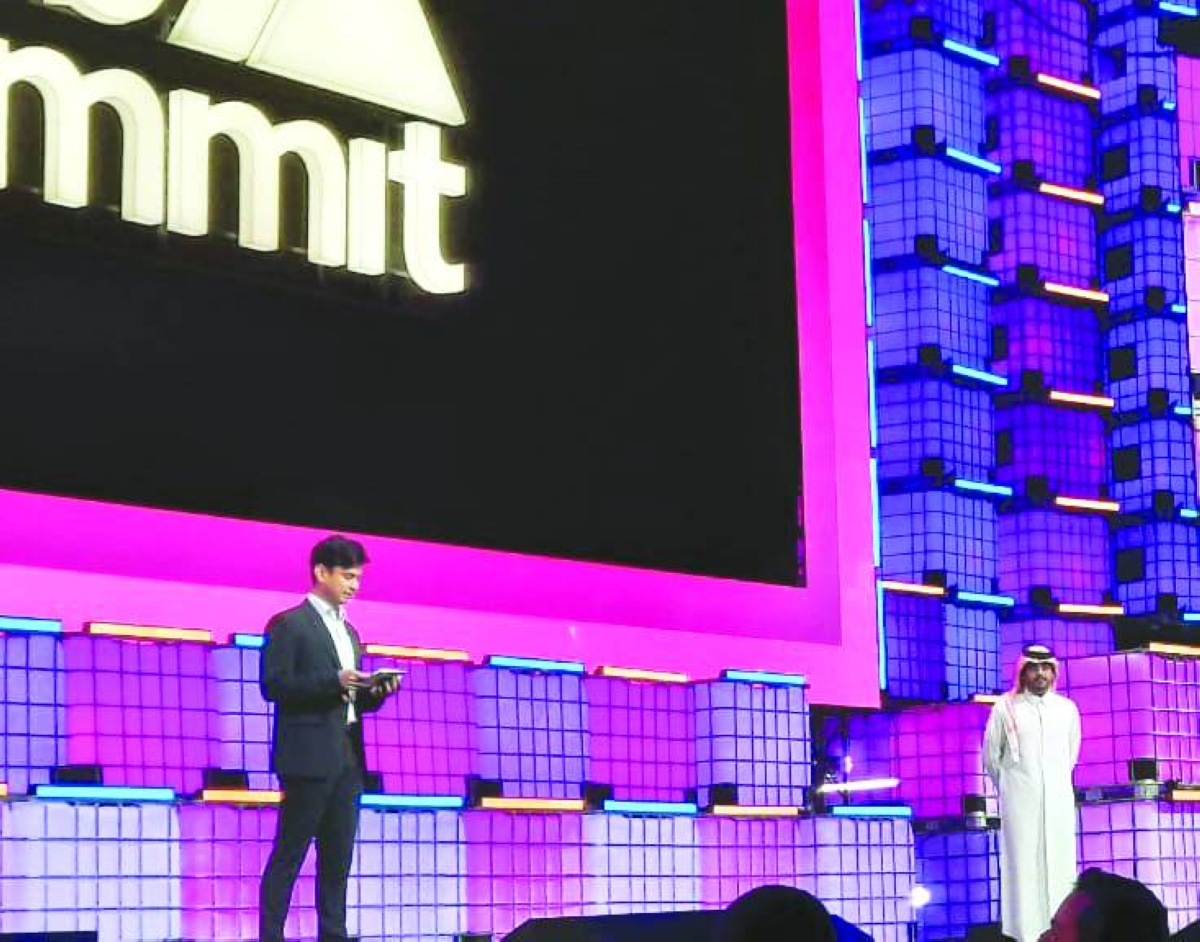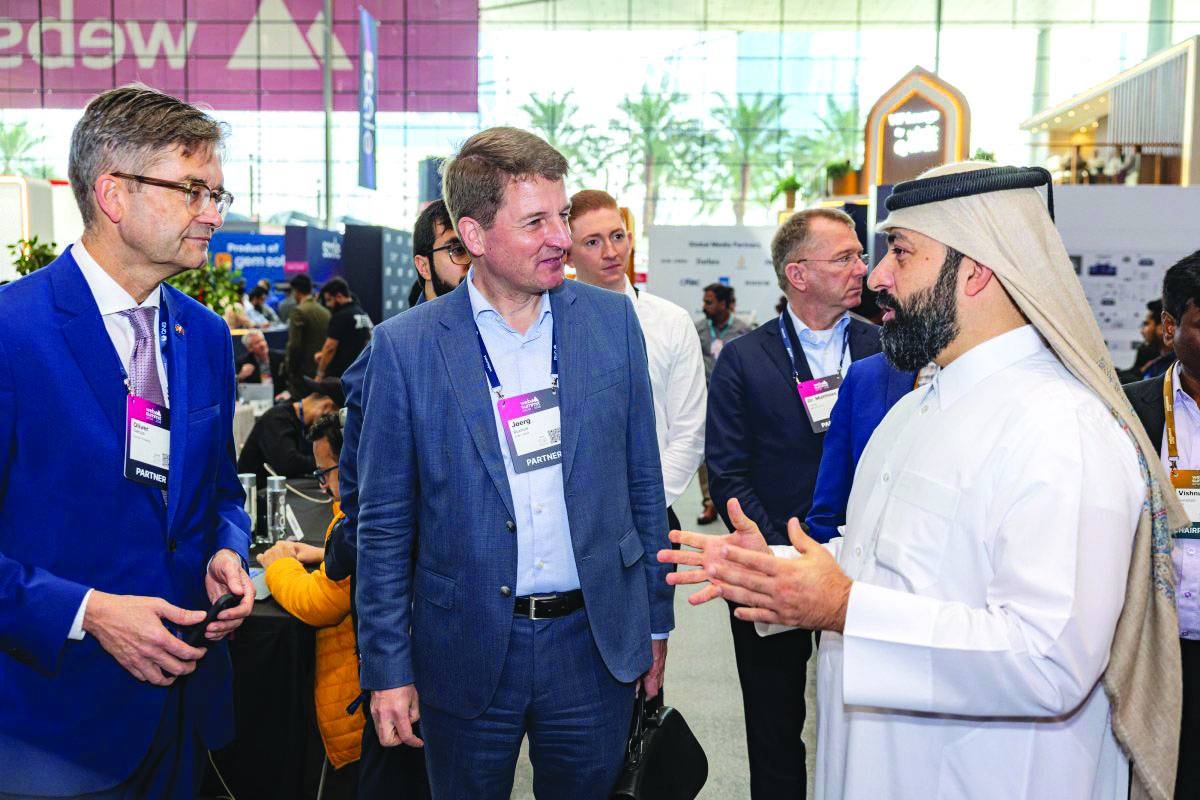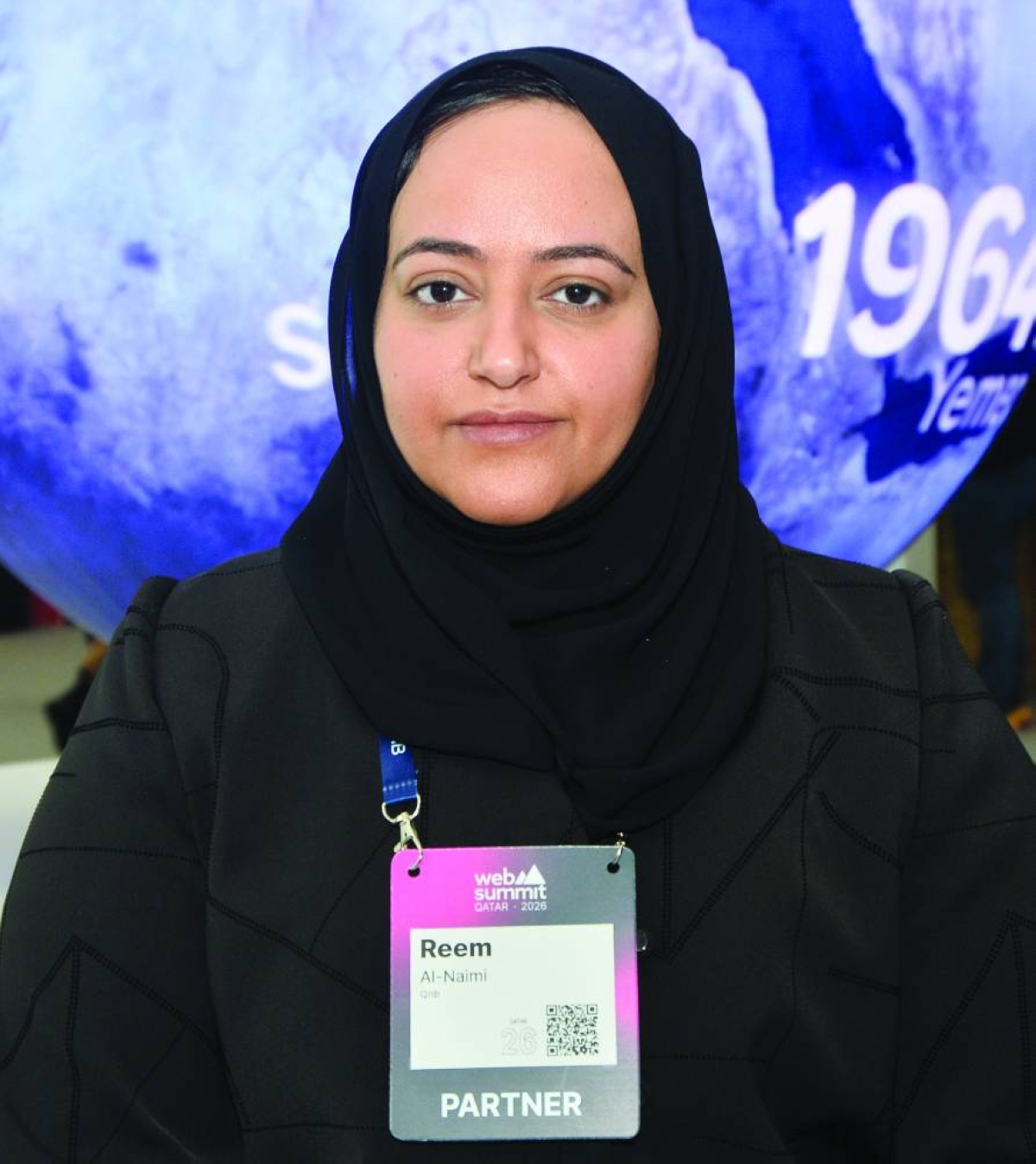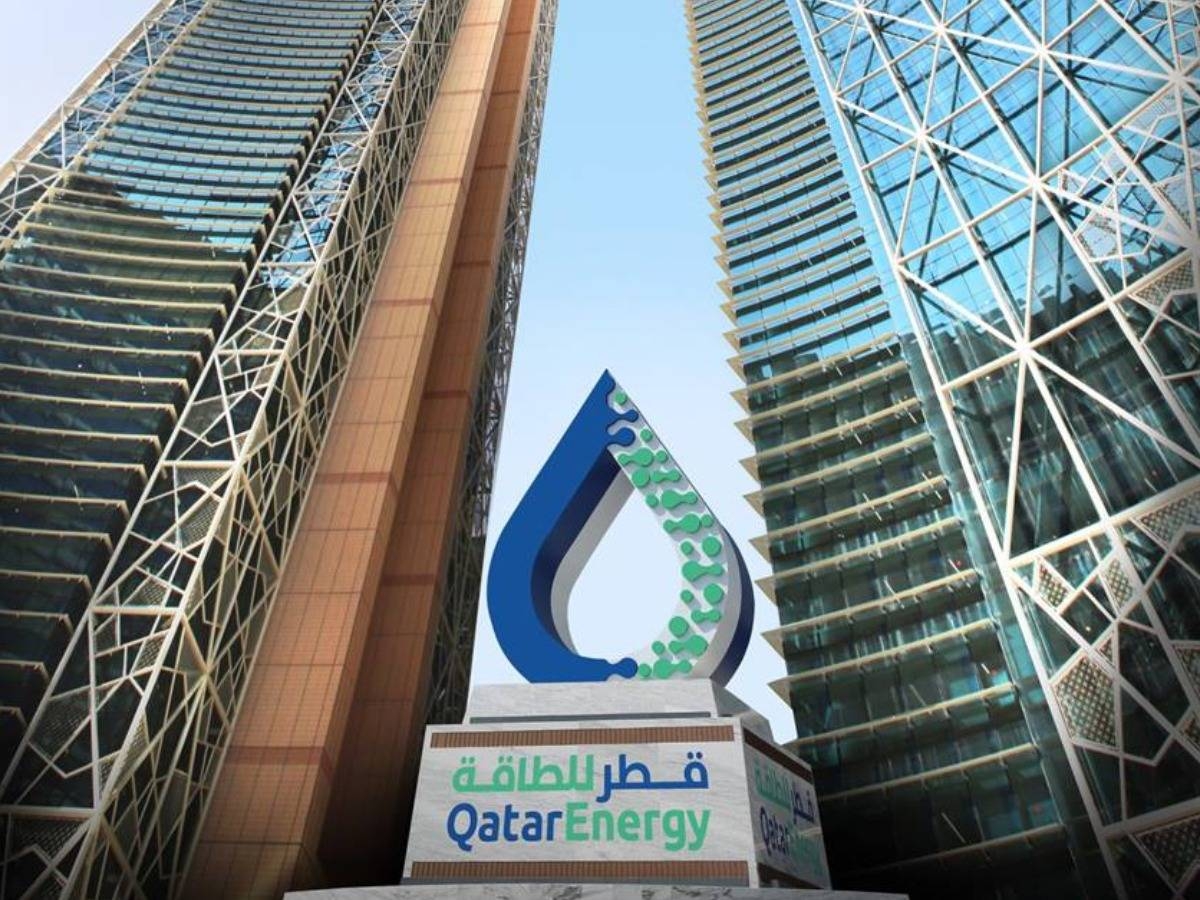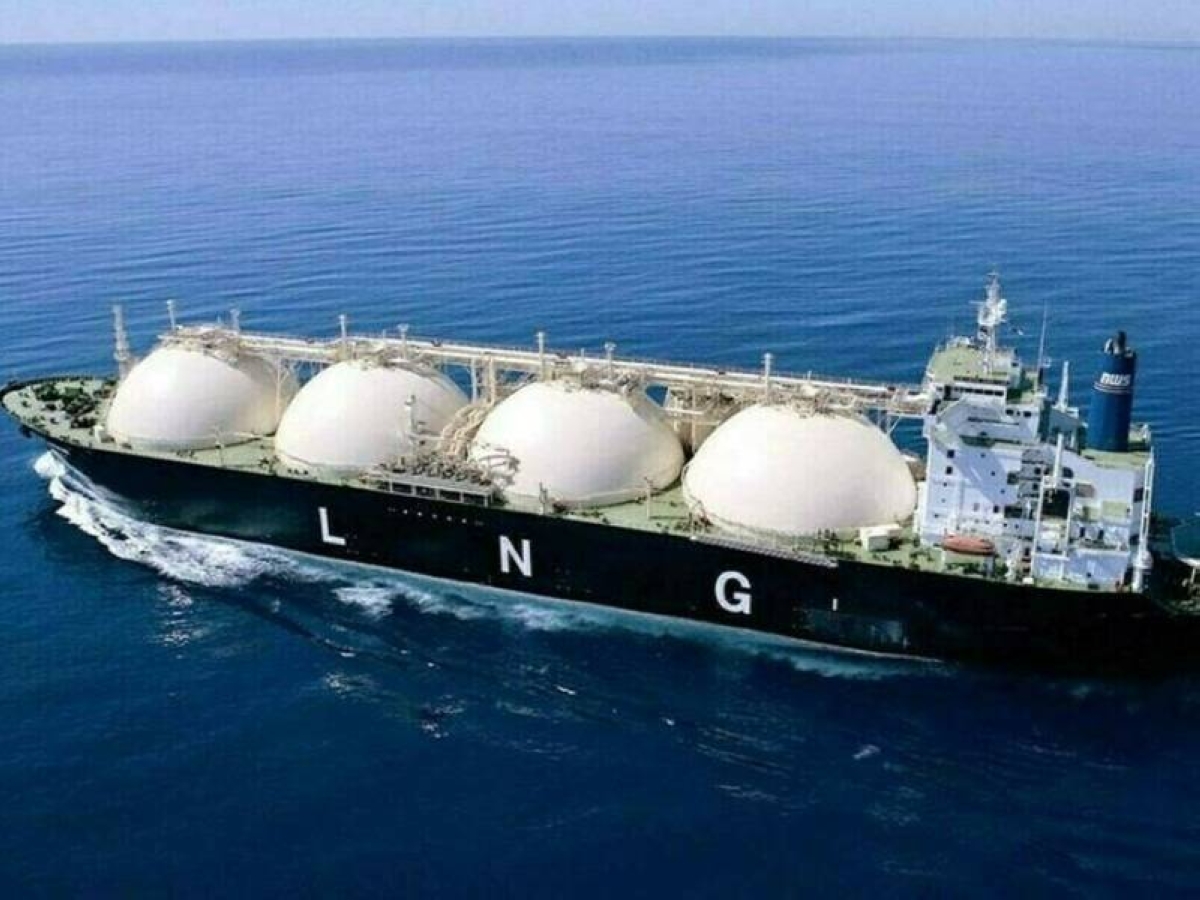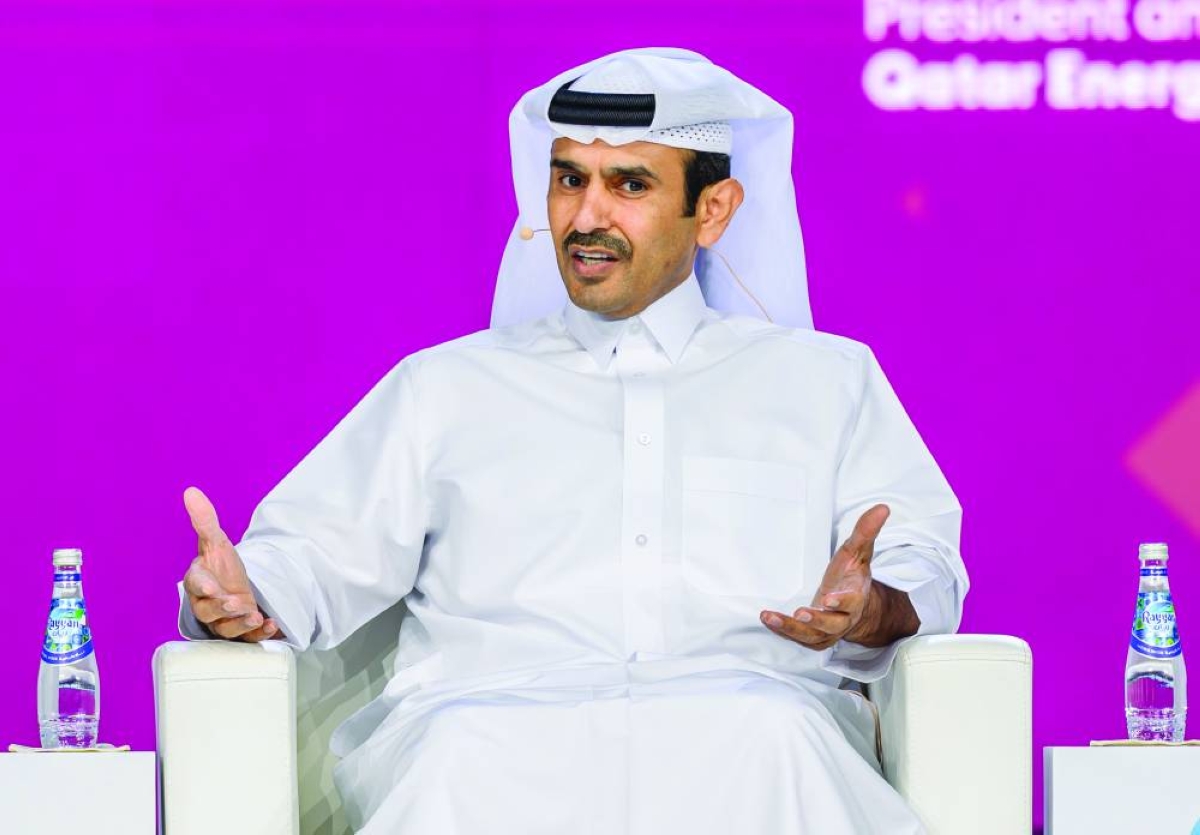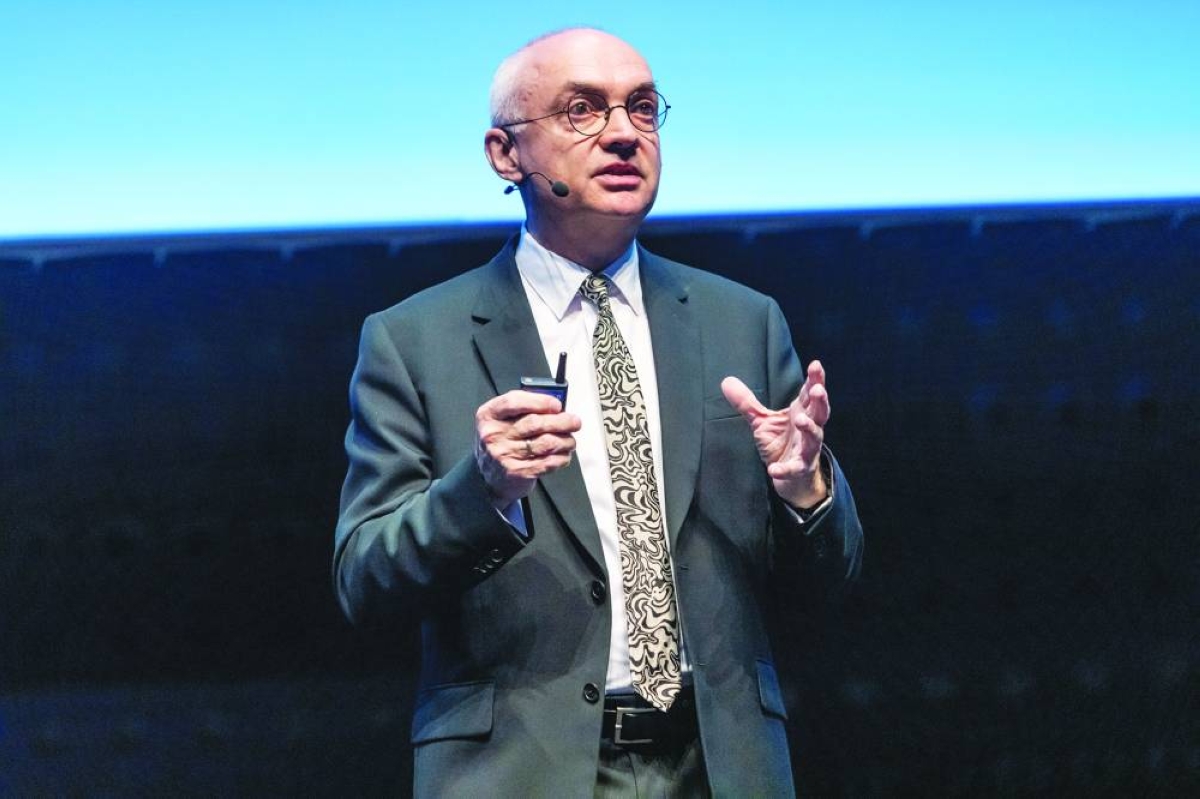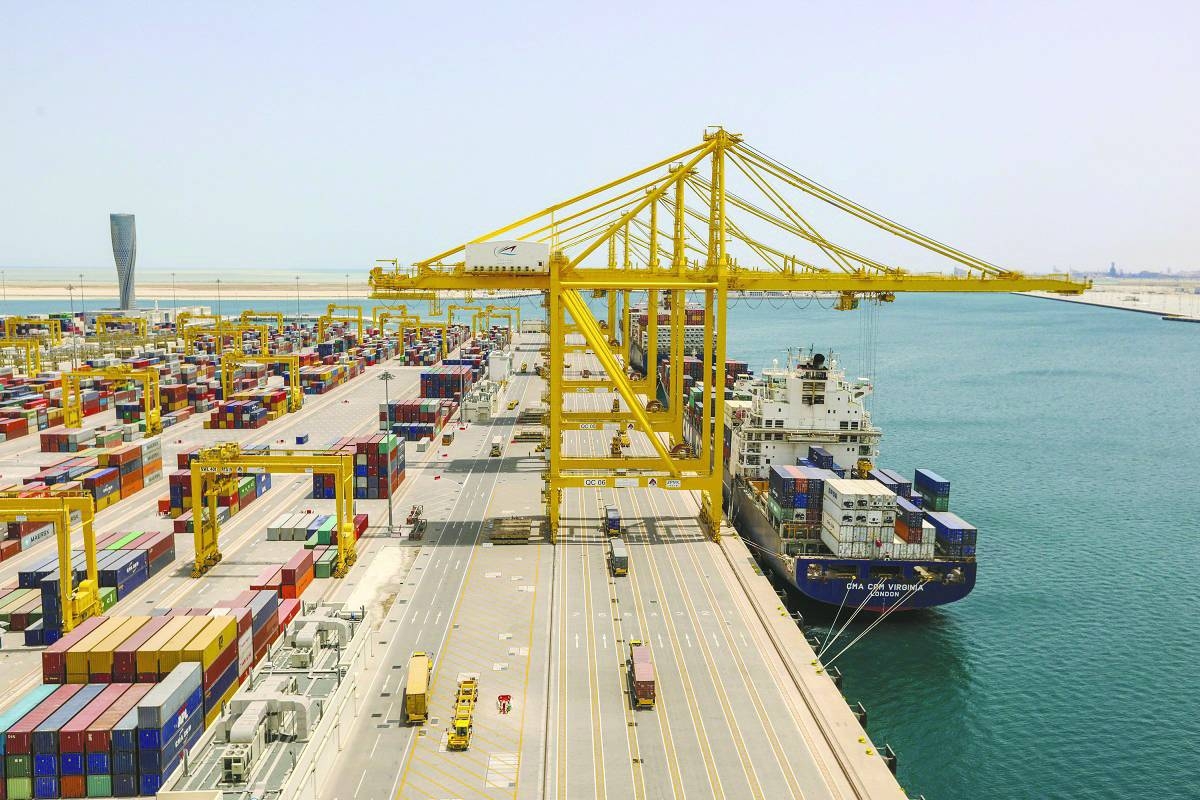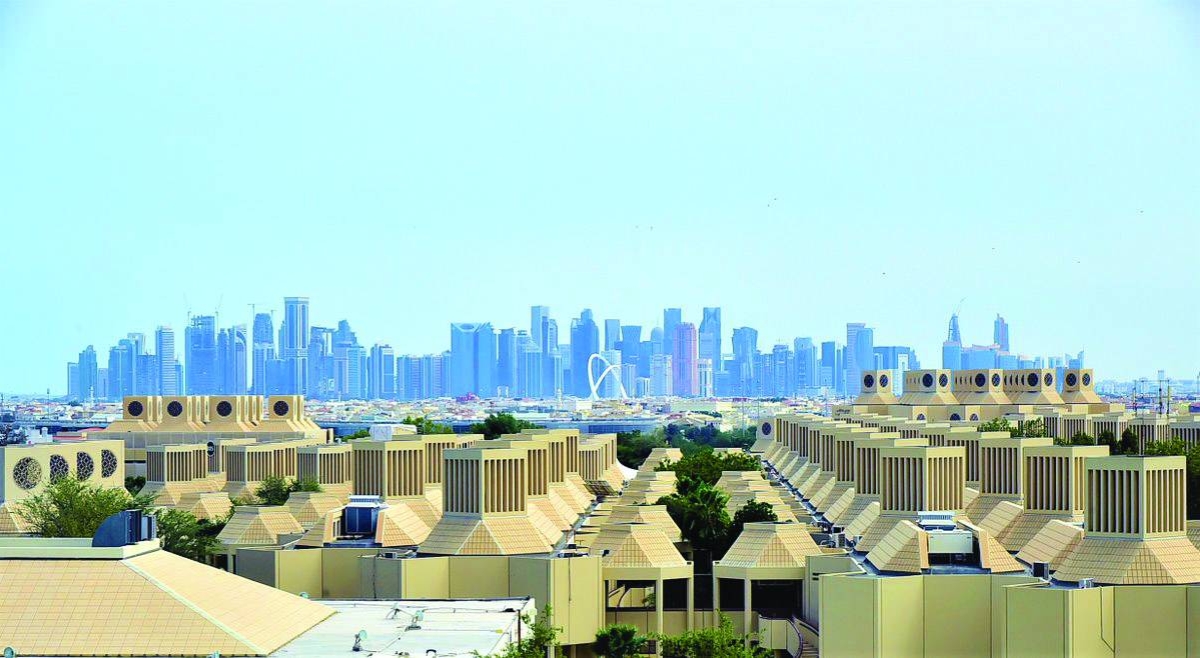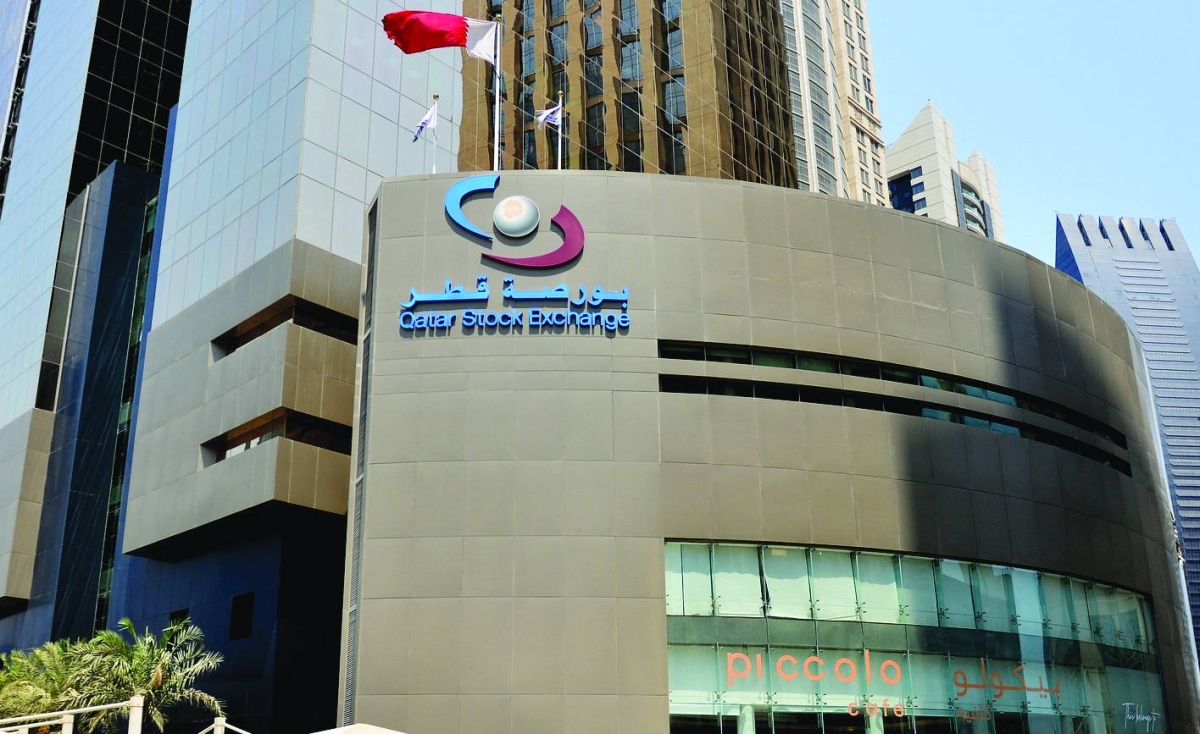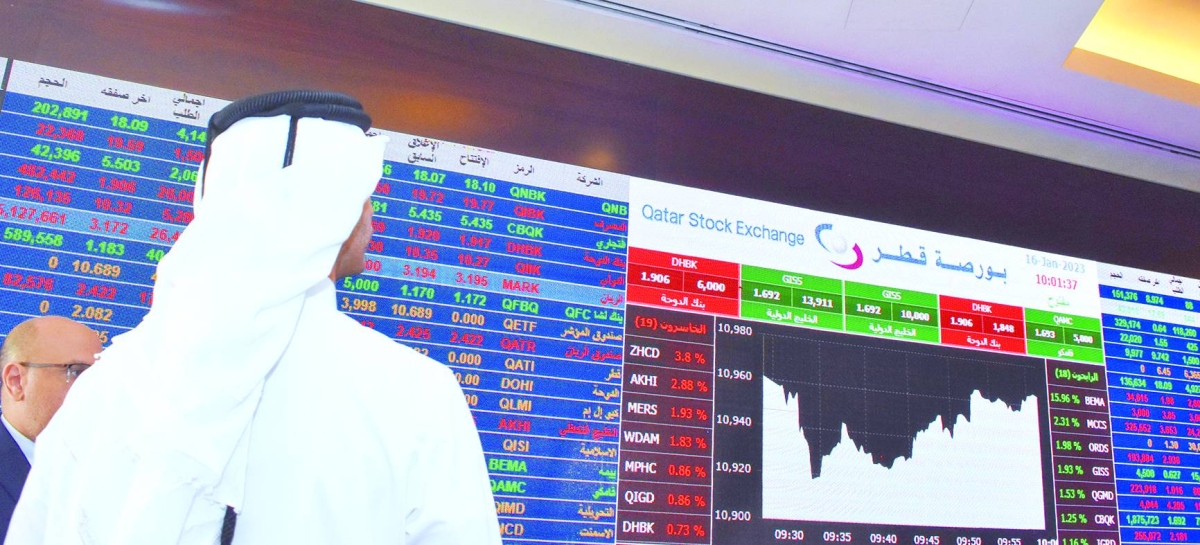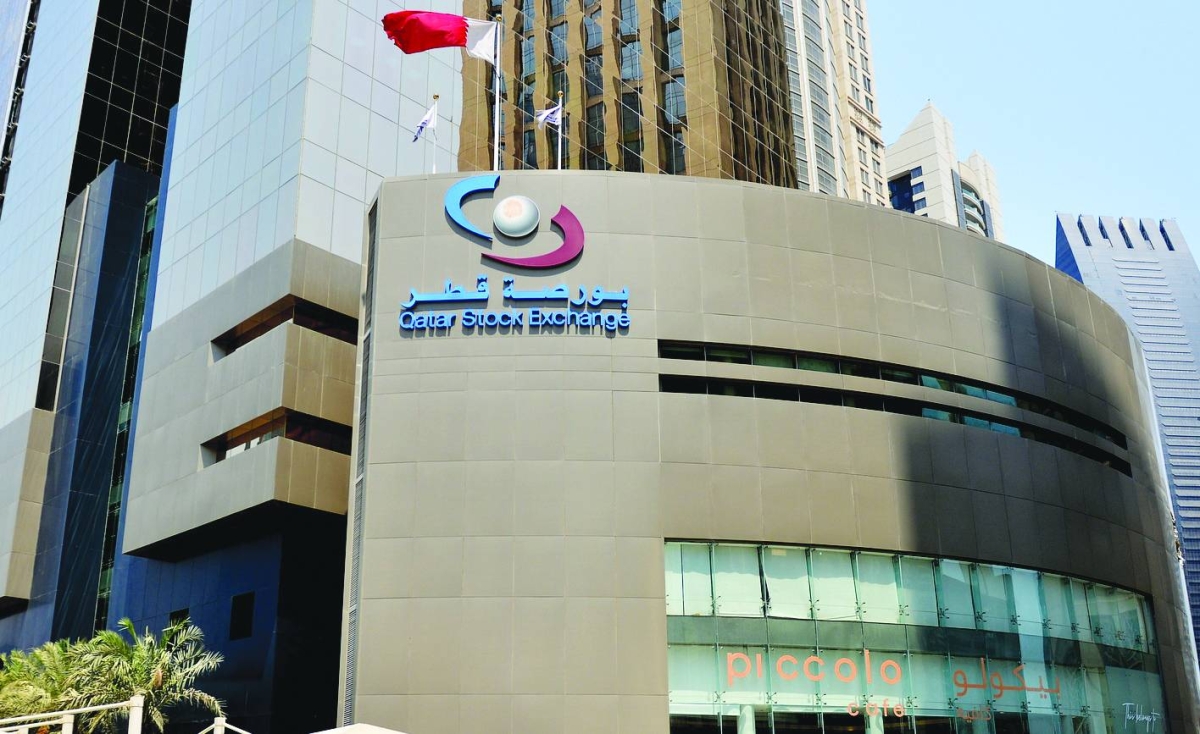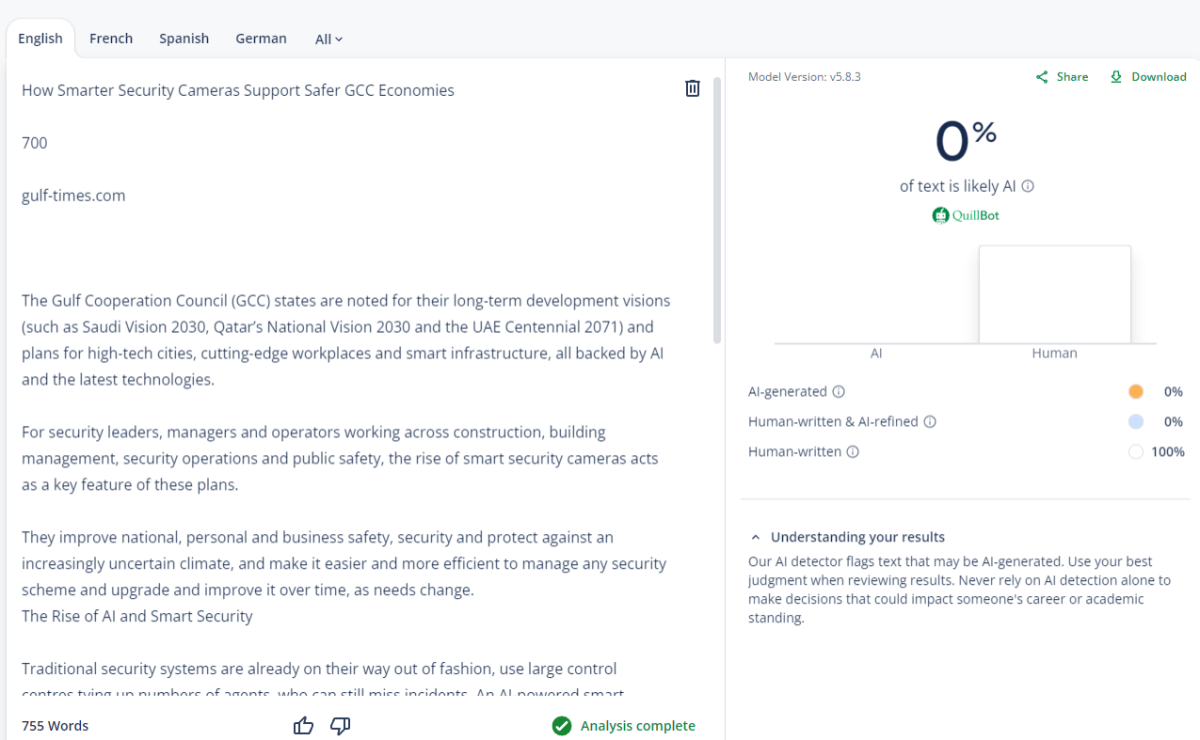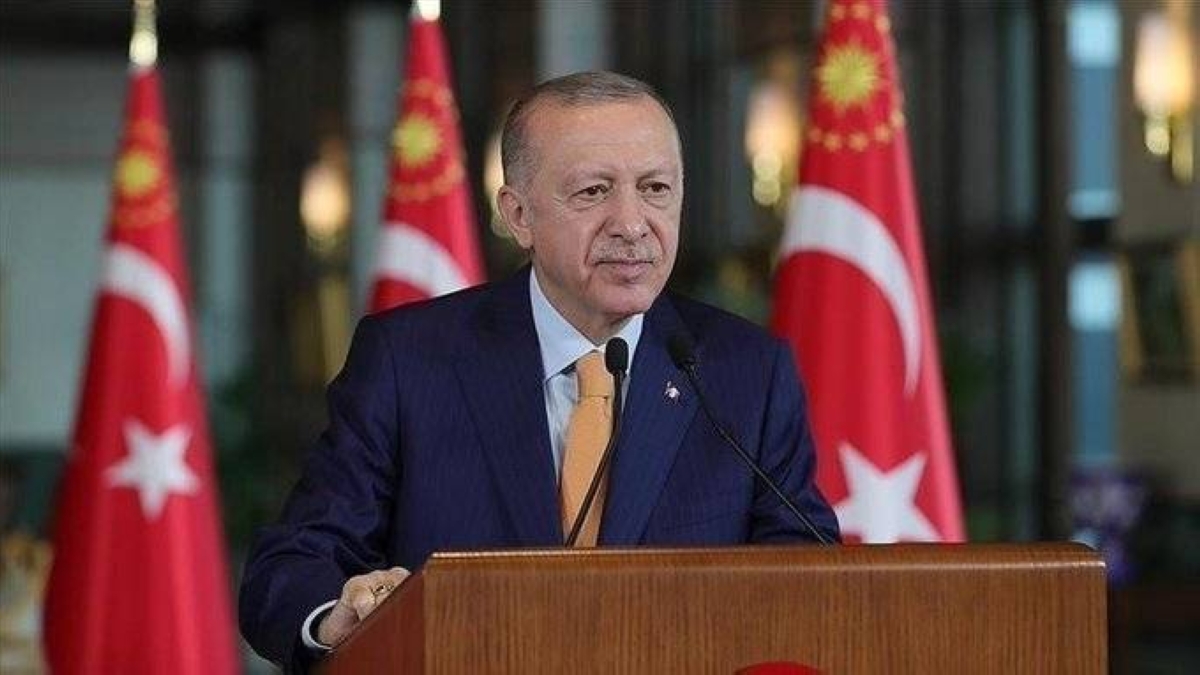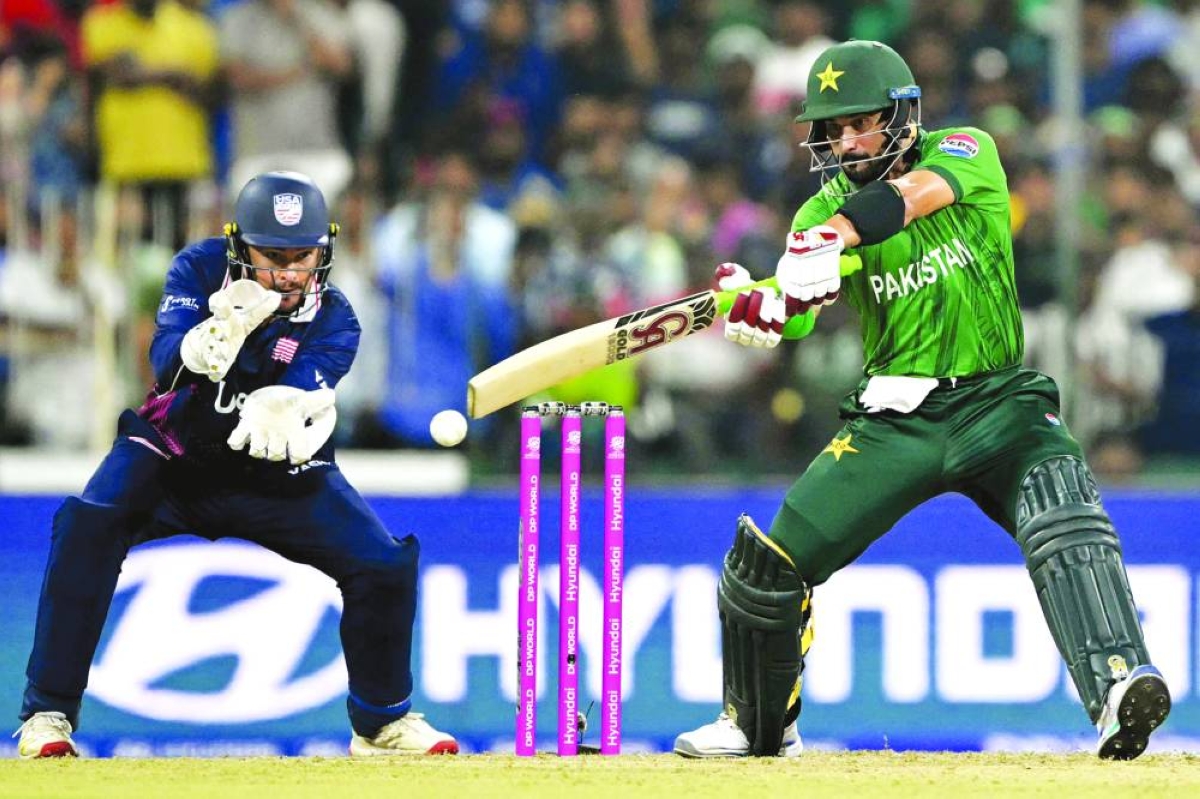The Qatar Stock Exchange (QSE) Monday saw the successful listing of Qatar’s first Green sukuk, issued by AlRayan Bank, in a further step towards deepening the capital markets.The Green sukuk issuance, which amounts to QR500mn with a three-year tenor and an annual profit rate of 4.25%, represents a national first for Qatar, supporting the continued development of the local capital-markets ecosystem and expanding access to sustainable, Shariah-compliant financing solutions for local and international investors.Signalling its advent, a bell-ringing ceremony was organised at the QSE where top officials of the bourse, including its chief executive officer Abdulla Mohammed al-Ansari, as well as AlRayan Bank executives including Fahad Bin Abdulla al-Khalifa, its chief executive officer, were present.This issuance is the first Green sukuk to be done via a Qatar Financial Centre-based entity, listed and cleared in Qatar, supporting the continued development of the local capital markets ecosystem and expanding the range of sustainable, Shariah-compliant instruments available to investors."The listing of the first Green sukuk in the history of QSE marks an important milestone in the continued development of Qatar’s capital market, as it reflects our commitment to expanding sustainable and Shariah-compliant financing instruments, while strengthening the depth and diversity of the debt market in line with global best practices," said al-Ansari.This achievement, according to him, reinforces the QSE’s role as a comprehensive platform capable of supporting innovative financing solutions that align with national development priorities and long-term sustainability objectives.This accomplishment also echoes the high level of coordination and integration across the key components of the national financial ecosystem, including the QSE, the Qatar Central Bank, the Qatar Financial Markets Authority, Edaa, and other relevant entities, working collectively in line with the objectives of the Third Financial Sector Strategy, he said."The listing further underscores the integration of ESG (environment, social and governance) principles within Qatar’s capital-market framework and enhances the market’s ability to meet the expectations of investors seeking opportunities that combine financial returns with positive environmental impact, while contributing to the advancement of sustainable economic growth," al-Ansari said.Terming that this debut Green sukuk as a "significant step" for AlRayan Bank; al-Khalifa said it reflected the bank's commitment to lead in ESG and sustainable finance through concrete actions that align responsible banking with market advancement."By delivering the first Green sukuk to be listed and cleared in Qatar, we are not only reinforcing our role as a forward-looking institution, but also contributing to the evolution of the local capital markets infrastructure. We will continue to build on this momentum with initiatives that support a more sustainable economy and strengthen long-term confidence in Shariah-compliant sustainable finance,” he added.Building on its ongoing commitment to responsible growth, AlRayan Bank views this issuance as a clear signal of its intention to play a leading role in shaping sustainable finance in Qatar, combining principled Islamic banking with the discipline and credibility required to scale ESG-aligned solutions and deliver long-term value.

Santhosh V. Perumal
Santhosh V. Perumal, a postgraduate in Econometrics with an advance qualification in Capital Markets and Financial Services, is Gulf Times' journalist. His coverage areas are debt and equity, hydrocarbons, international trade, environment, banks, insurance and real estate. Previously, he was in New Delhi, India as Senior Finance Correspondent of PTI.
Most Read Stories

